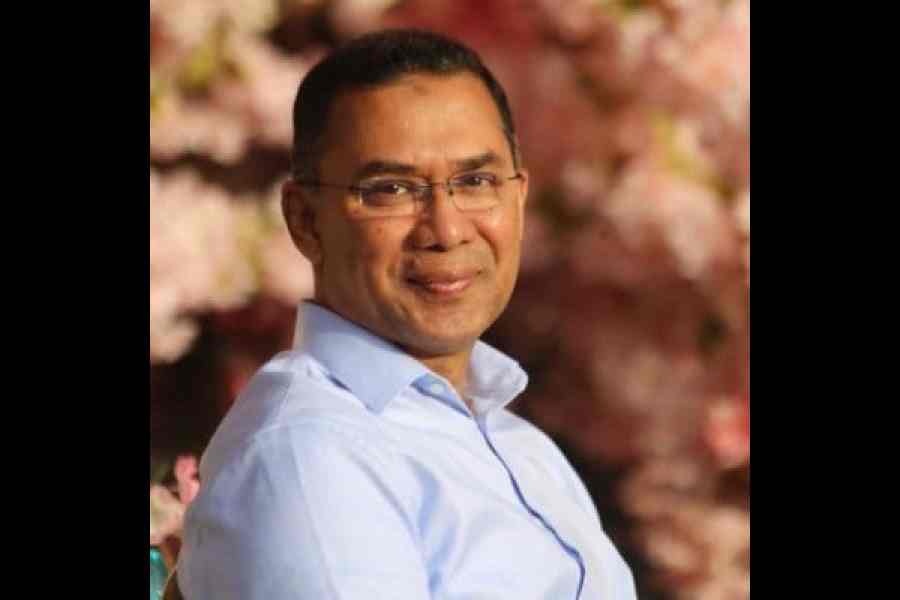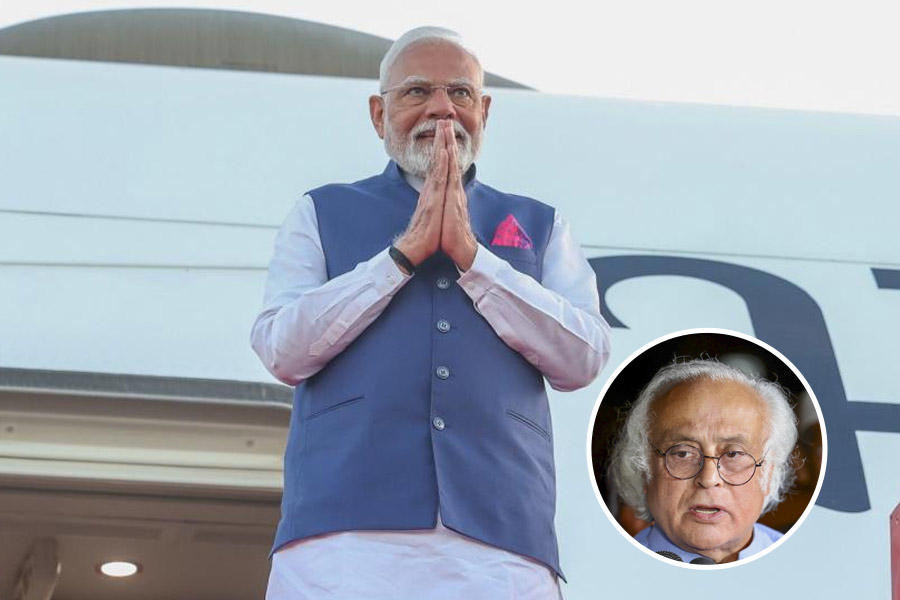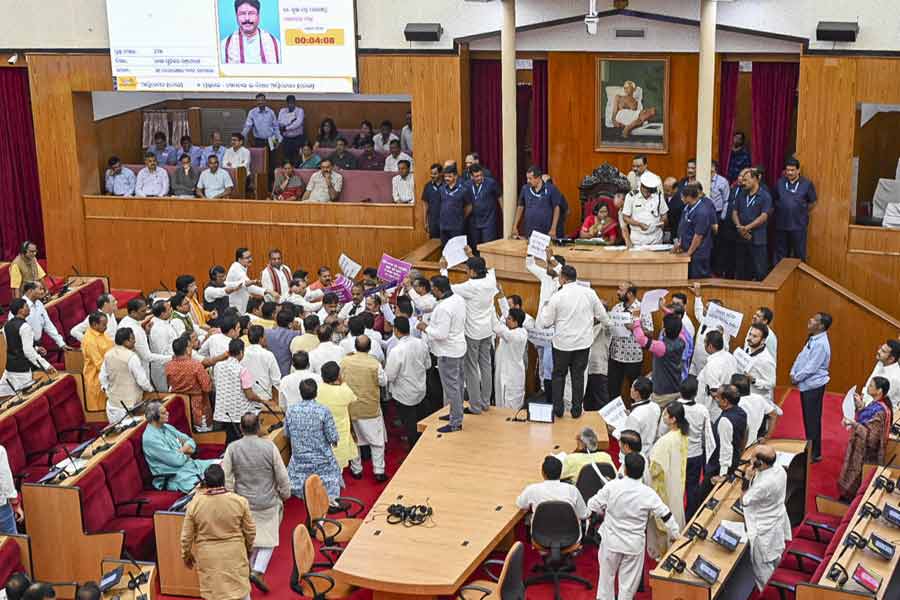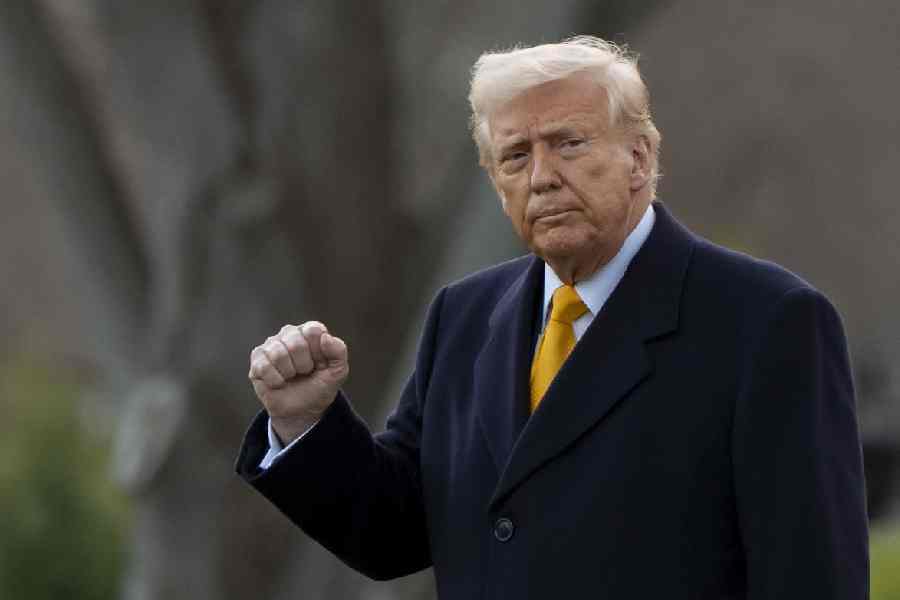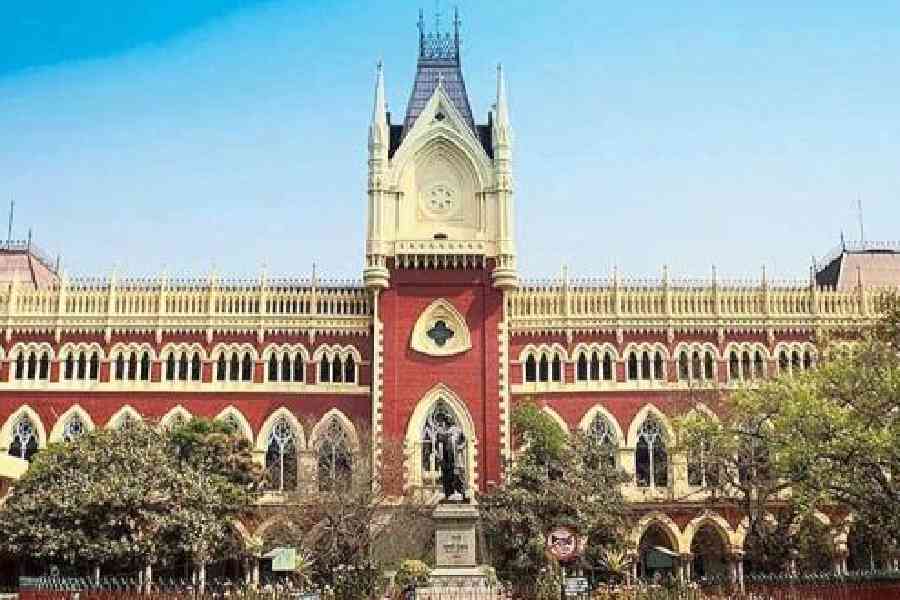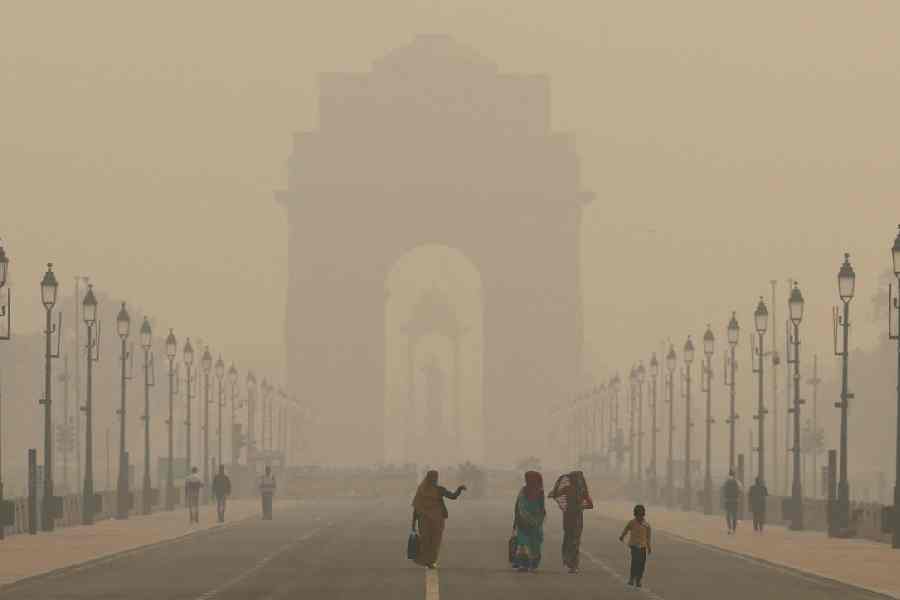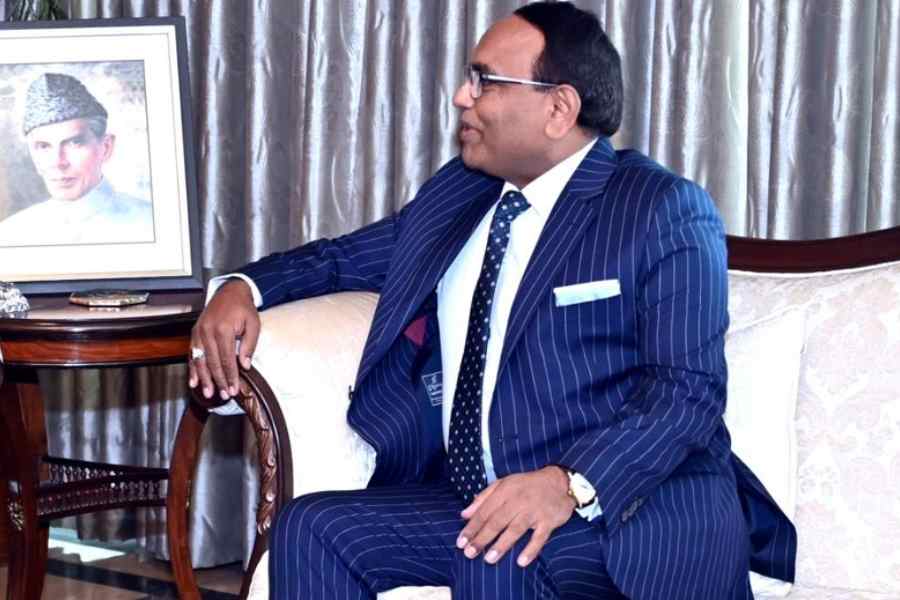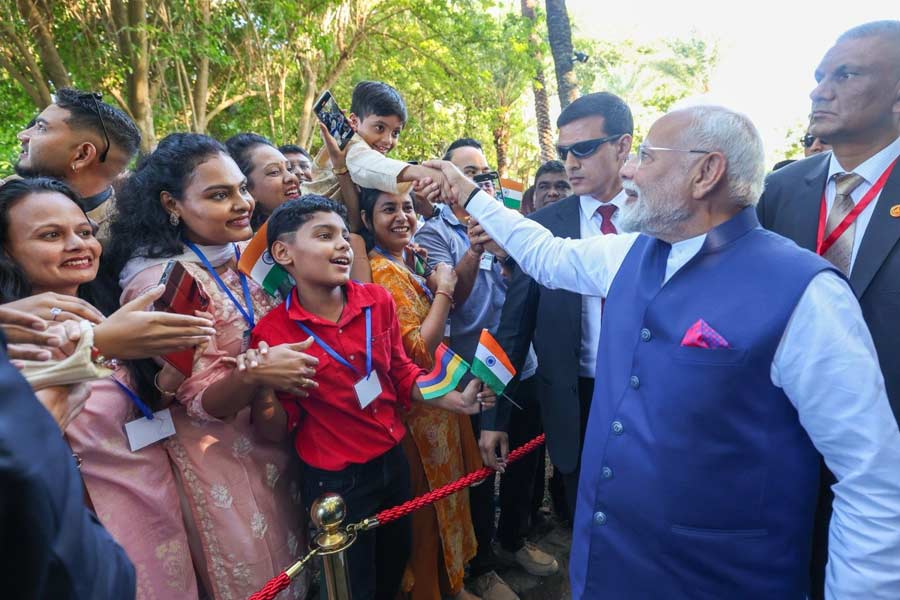The high court division of the Bangladesh Supreme Court on Sunday quashed lower court verdicts against all the convicts, including BNP acting chairperson Tarique Rahman, in a grenade attack on a rally attended by Sheikh Hasina in 2004.
Multiple sources in Dhaka said the verdict had paved the way for Rahman, living in exile in London since 2008, to return to Bangladesh and potentially change the country’s political dynamics.
“We don’t know when he will be back, but there’s little doubt that the decks are being cleared for his return.... The moment he is back, there will be a tectonic shift in the country’s political landscape,” said a veteran journalist, believed to be close to the BNP, the main Opposition during Hasina’s 16-year rule from 2008 to 2024.
With Begum Khaleda Zia — Rahman’s mother and two-time Prime Minister — ailing, Rahman has been running the BNP’s affairs remotely from London.
On October 10, 2018, Rahman and 18 others were awarded life imprisonment while 19 people were sentenced to death in connection with the August 21, 2004, grenade attack that killed 24 people and injured about 300.
The Muhammad Yunus-led interim government is unlikely to challenge the quashing of the lower court order before the Supreme Court. While a few graft and defamation cases are still pending against Rahman, BNP sources said these would not stand in the way of his possible return.
The Awami League has called the high court decision a travesty of justice, the darkest chapter in the history of independent Bangladesh, and an assault on the Constitution.
Reports say that BNP secretary-general Mirza Fakrul Islam Alamgir has travelled to London to discuss Rahman’s return and ways of making it a memorable occasion.
Speculation is rife in Dhaka that the BNP leadership is planning Rahman’s return on January 10, the day Mujibur Rahman had set foot in an independent Bangladesh in 1972 after spending 290 days in Pakistani captivity.
“The date (of Rahman’s return) is still being worked out and the legal issues are being looked at,” a source in the BNP confirmed.
“Fakrul Bhai is in London to discuss several issues like Begum Khaleda’s visit to the US, the party’s future plans and the present situation in the country. Tarique’s homecoming will surely be part of the agenda.”
Rahman will be returning to a Bangladesh ruled by Yunus and his team of advisers, made up of civil society members and student leaders who had spearheaded the movement against Hasina and brought her down.
There is little doubt that the BNP’s acting chairperson fancies his chances of helming the country, and this is likely to set up a conflict with the Yunus regime.
Although the BNP leadership has already voiced a demand for early elections, the interim government has steered clear of rolling out any such roadmap as it ostensibly remains busy carrying out “reforms” to clear the “mess created by Hasina”.
The promised reforms have, however, not yielded any visible results while law and order has worsened drastically and the country’s economy has been on a downslide.
The apparent inexperience of the interim government — which has been busy arresting dissenters, targeting journalists and verbally duelling with India — has become a talking point among a large section of Bangladeshis, buffeted by runaway inflation and poor law and order.
Although the mainstream media remains loyal to Yunus, social media is abuzz with discussions on whether supporting the uprising against Hasina had been the right thing to do.
“The interim government has been making wrong decisions from the beginning because of its lack of experience.... Banks don’t have money, investments have dried up, foreign investors are winding up operations, law and order is at its worst,” an editorial in the Janatar Chokh magazine, a longstanding critic of Hasina, said recently.
The editorial added: “The only way forward is an immediate election. If the right decisions are not taken, the situation will become more complicated. There is still no light at the end of the tunnel.”
Given the public mood, BNP strategists do not want any delay in elections, fearing that further deterioration in the situation would give the Awami League a chance to regroup and discredit the forces that support the Yunus regime.
However, the Jamaat-e-Islami and other Islamist forces, which are providing ideological guidance to the Yunus regime, are not keen on an election and the student leaders are apprehensive of losing out to Rahman’s charisma.
“The student leaders have been trying to resist Rahman’s return as they will be swept out once he arrives in Dhaka. They have been dictating terms to Yunus on most issues. Let’s see how they react to the proposal of early elections,” a source said.
In the absence of any clarity on a roadmap to the elections, some observers have begun talking about a national government with representatives from all the political parties except the Awami League.
“Yunus was offered this proposal at the very beginning, but he ruled it out and packed the government with people from NGO backgrounds and student leaders,” a political observer in Dhaka said.
“He probably doesn’t wield so much power now and may have to agree to such a proposal, if the BNP bargains hard, as quid pro quo for delayed elections. This will surely dilute his powers, but he probably won’t have a choice.”

